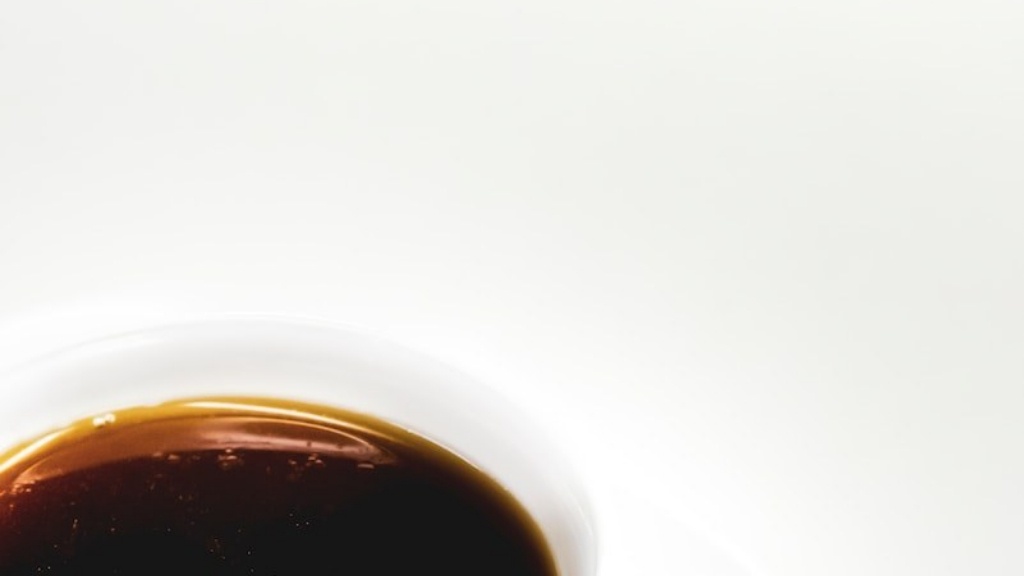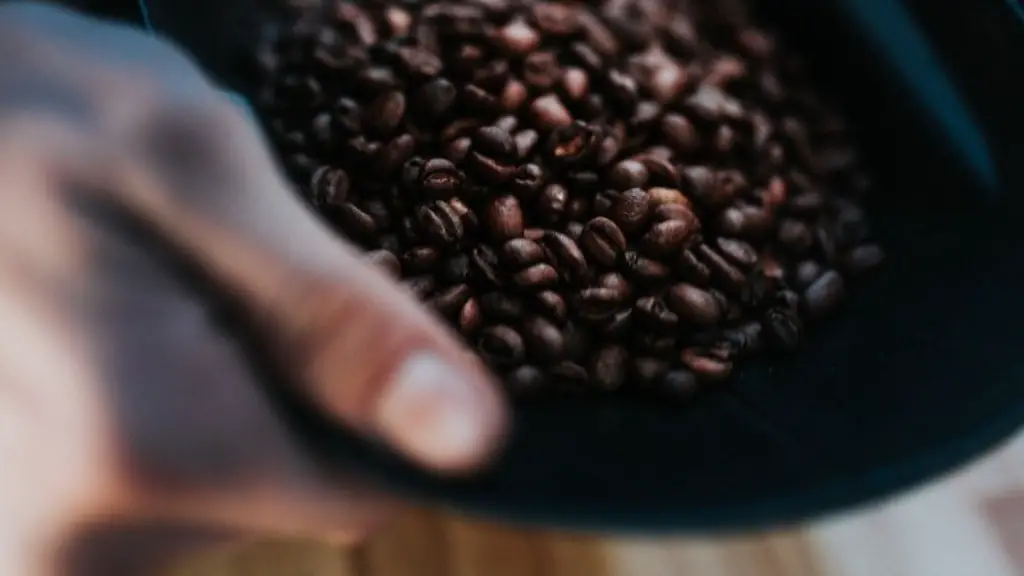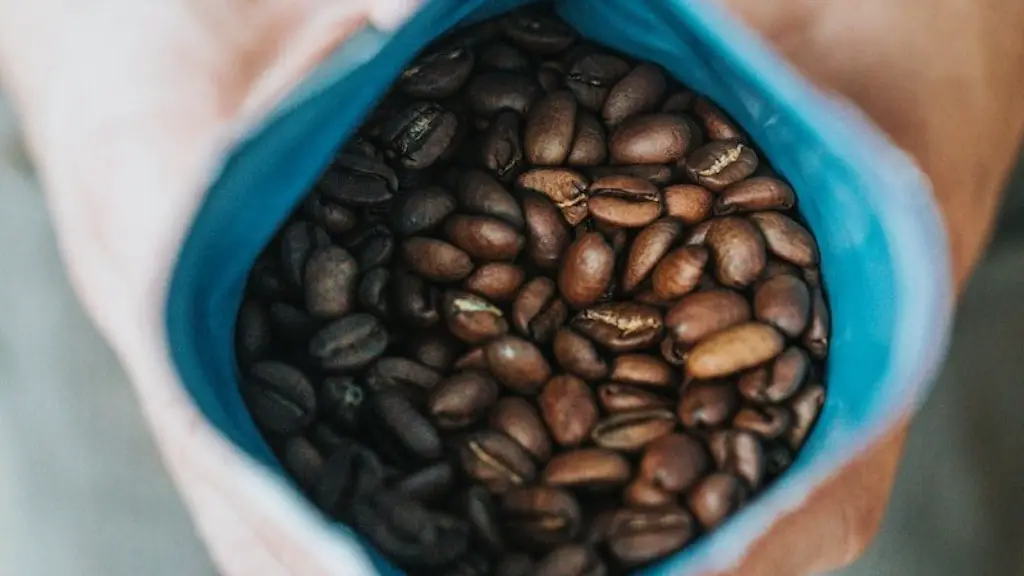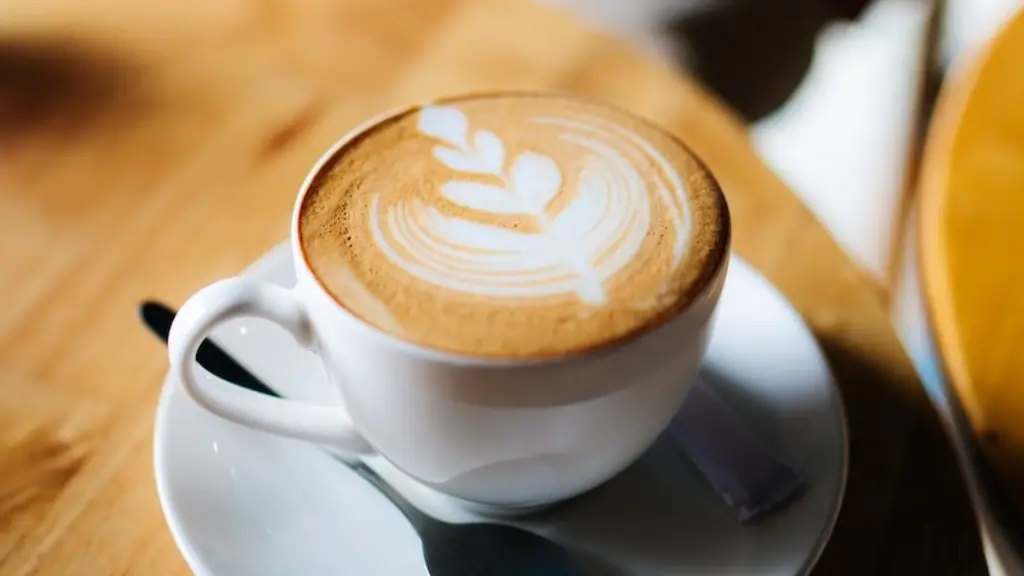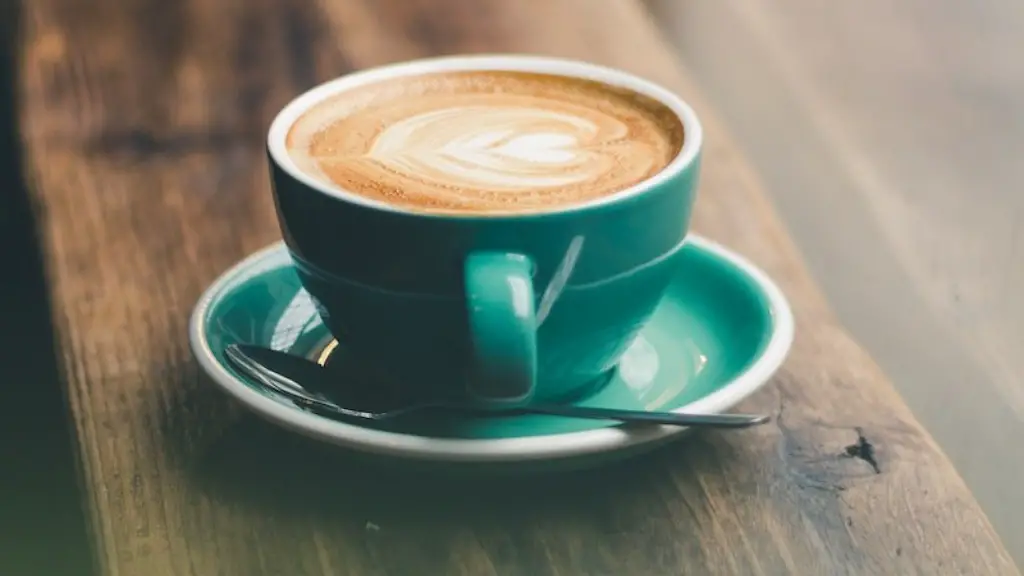It’s no surprise that coffee has become a staple in many modern households, allowing people to kick-start their day with an invigorating cup of joe. And while there is evidence to suggest that consuming caffeine has some positive effects — a study from the University of Georgia has suggested that it can improve cognitive functioning — there have been a few doubts about the role of caffeine in relation to anxiety levels.
First, let’s look at the relationship between caffeine and anxiety. Generally, caffeine is known to be a stimulant, and thus it has the potential to increase arousal, energy levels and alertness. Furthermore, caffeine is known to act on the part of the brain responsible for stress and anxiety. Consequently, it is believed that increased levels of caffeine in the body can trigger feelings of anxiety and lead to increased heart rate, shakiness and restlessness.
This might explain why some individuals find it difficult to limit their caffeine consumption as they can become addicted to the effects. This can lead to an increase in anxiety levels and cause even higher levels of stress and anxiety over time. This is why it is important to find an appropriate balance when it comes to caffeine consumption, as too much can be detrimental to mental and physical health.
Despite the fact that there is evidence to suggest that drinking coffee can lead to an increase in anxiety, there are naturally those who take a different stance. For example, research has suggested that there is a ‘limited’ correlation between caffeine and stress and anxiety, and that moderate consumption of caffeine can actually reduce levels of anxiety. Questions are thus raised about whether or not people need to be concerned about their coffee consumption.
In response to this, experts suggest that while there is a potential link between coffee consumption and anxiety, it is important to consider a person’s lifestyle, diet and other factors that can contribute to higher levels of stress and anxiety. To put it simply, if you already have a predisposition to anxiety, then too much coffee consumption can act as a trigger. This is why it is essential to ensure that your lifestyle and diet are balanced, and to pay attention to how your body reacts to certain foods or drinks.
It is also important to bear in mind that coffee may affect people differently, depending on their individual biology. Some people can simply drink coffee without being affected by the effects, whilst others may experience a sharper rise in stress and anxiety. With this in mind, it is crucial to have an understanding of one’s own biology, and to ensure that the level of coffee consumption remains within acceptable limits.
Effects on Sleep
One of the key factors to consider when assessing the potential effects of caffeine on anxiety is the impact that coffee drinking has on sleeping patterns. This is because studies have shown that those who do not get enough sleep are more likely to experience stress, irritability and depression — all of which are linked to higher levels of anxiety.
Without proper sleep, the body can become hypersensitive to other triggers and thus caffeine can actually act as an additional stimulant and increase anxiety levels. This is why it is so important to aim for the correct amount of sleep, which is at least 7-8 hours per night. Furthermore, the timing of coffee drinking is also key – caffeine can have an accumulative effect if consumed too late in the day because the stimulating effects can prevent us from getting to sleep in the evening.
Nevertheless, this does not mean that people need to avoid drinking coffee all together. In fact, for some people, having a cup in the morning or early afternoon can provide the necessary energy boost to get through the day. Of course, it is important to be mindful of the quantity being consumed, as well as timing.
Diet and Exercise
Another factor to consider is that diet and exercise can also have an effect on anxiety levels. Studies have shown that regular exercise can reduce levels of stress, increase confidenceand improve self-esteem. Such activities can lead to better mental health and wellbeing — thus, it is evident that exercise is an important factor to take into account when trying to reduce anxiety.
Meanwhile, a balanced diet can help to regulate our moods and increase energy levels. Eating healthy snacks throughout the day, such as fruit or nuts, can provide sufficient energy between meals and avoid the need for a caffeine spike. Additionally, reducing the intake of processed foods and drinks can also help to reduce feelings of stress and anxiety.
It is therefore important to look at all of these factors in combination, and recognise that coffee might be beneficial for some people whilst it can aggravate feelings of stress and anxiety for others. Ultimately, it is essential to ensure that any kind of intake of caffeine should be done in moderation, and to pay attention to our mental and physical health in order to make sure that we are on the right path.
Coping Strategies
While it is important to be mindful of our lifestyle in order to reduce the potential effects of caffeine on anxiety, it is also worth looking into ways to manage stress and tension more effectively. For instance, focusing on our breathing, meditating and practising mindfulness can help to lower anxiety and bring our minds and bodies into balance.
Furthermore, speaking to a therapist or professional can also help us to understanding why we are feeling anxious and therefore, identify ways to better cope with and process our emotions. Their guidance and techniques can help us to take control of our feelings, enabling us to be more aware of and address our triggers.
In the end, it is essential to remember that anxiety is something that can affect each one of us differently. It is therefore important to think about our daily lifestyle when it comes to coffee consumption, as well as to look into our emotional and physical wellbeing in order to ensure that we are staying safe and healthy.
Therapy and Counseling
Therapy and counseling are invaluable for those seeking to manage their anxiety. Both involve working with a mental health professional and involve discussing the individual’s mental health symptoms and making lifestyle adjustments in order to cope with and process their emotions in a healthier way.
Psychotherapy, especially cognitive-behavioral therapy (CBT), is widely recommended for those suffering from anxiety disorders, as it helps a person identify their triggers, recognize their unhelpful thoughts and reactions, and develop new, positive responses. Meanwhile, counseling usually leads to a stronger understanding of oneself and the process of coming to terms with troubling emotions.
While therapy and counseling are often seen as a long and arduous process, they are actually very beneficial tools that can help to reduce stress, improve cognitive functioning and increase self-awareness. This can lead to a greater understanding of our mind-body connection, as well as how to accept and cope with our anxiety.
Caffeine Alternatives
Alternative drinks are a great way of getting an energy boost without relying on caffeine. For instance, teas and herbal drinks are a great option, as they can be just as invigorating and refreshing as coffee, whilst offering numerous health benefits.
There are also energy drinks now on the market which contain only natural ingredients, such as guarana, ginseng and matcha, and are much lower in stimulant effects than regular coffee. Such drinks provide a great way to get the necessary energy boost without going overboard.
It is also possible to come up with homemade energy drinks. For instance, adding honey to a cup of tea can provide a quick and natural source of energy, or blending leafy greens with apple juice and a banana can create a nutritious and energizing smoothie. Additionally, if you find it difficult to get out of bed in the mornings then there are plenty of quick recipes that will kick-start your day.
At the end of the day, it is only natural that consumers take a different approach to caffeine consumption, depending on their individual biology and lifestyle. What is important is to be mindful of our mental and physical health and to take control of our own wellbeing by understanding our triggers, eating well and exercising regularly.

